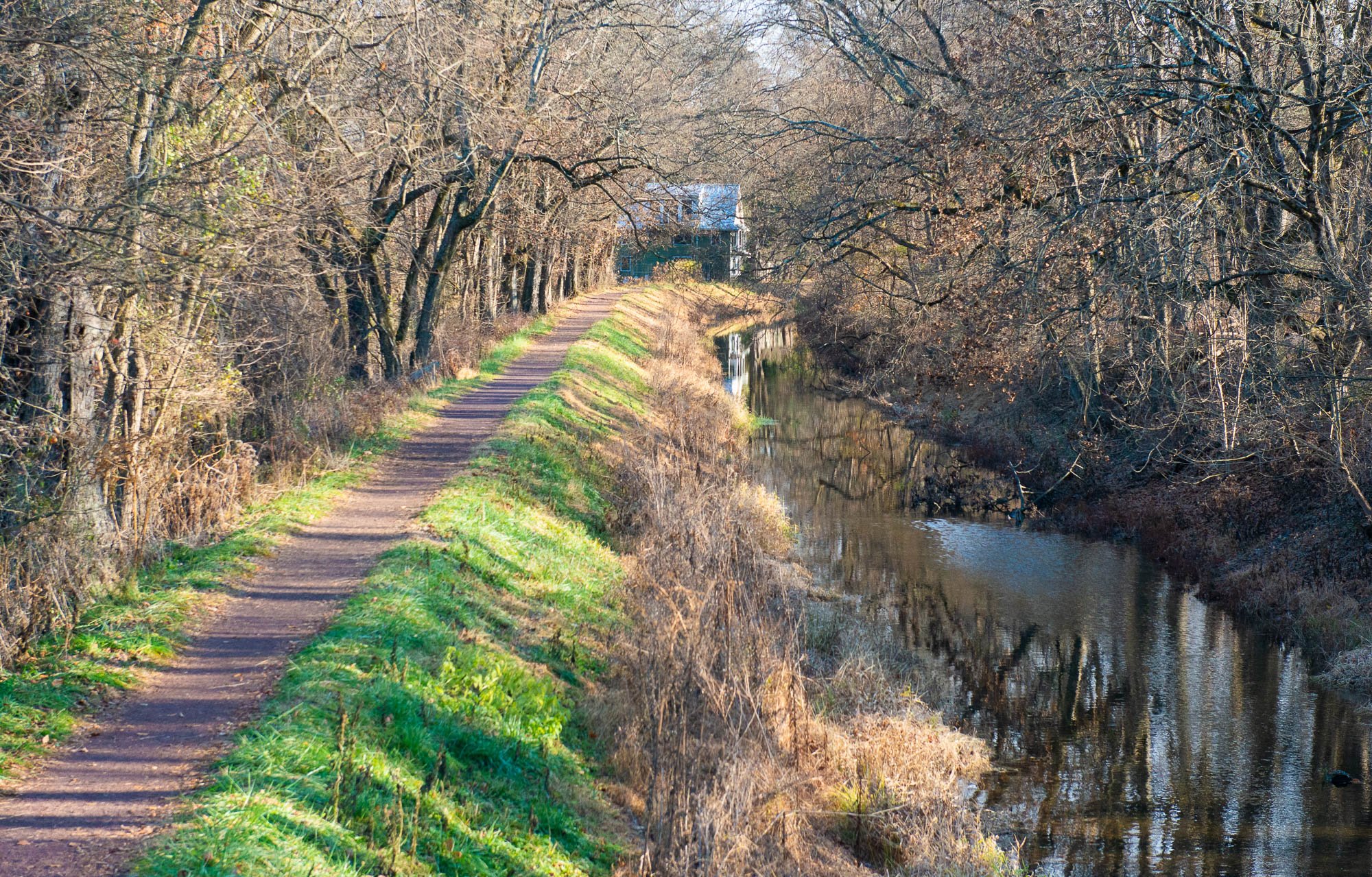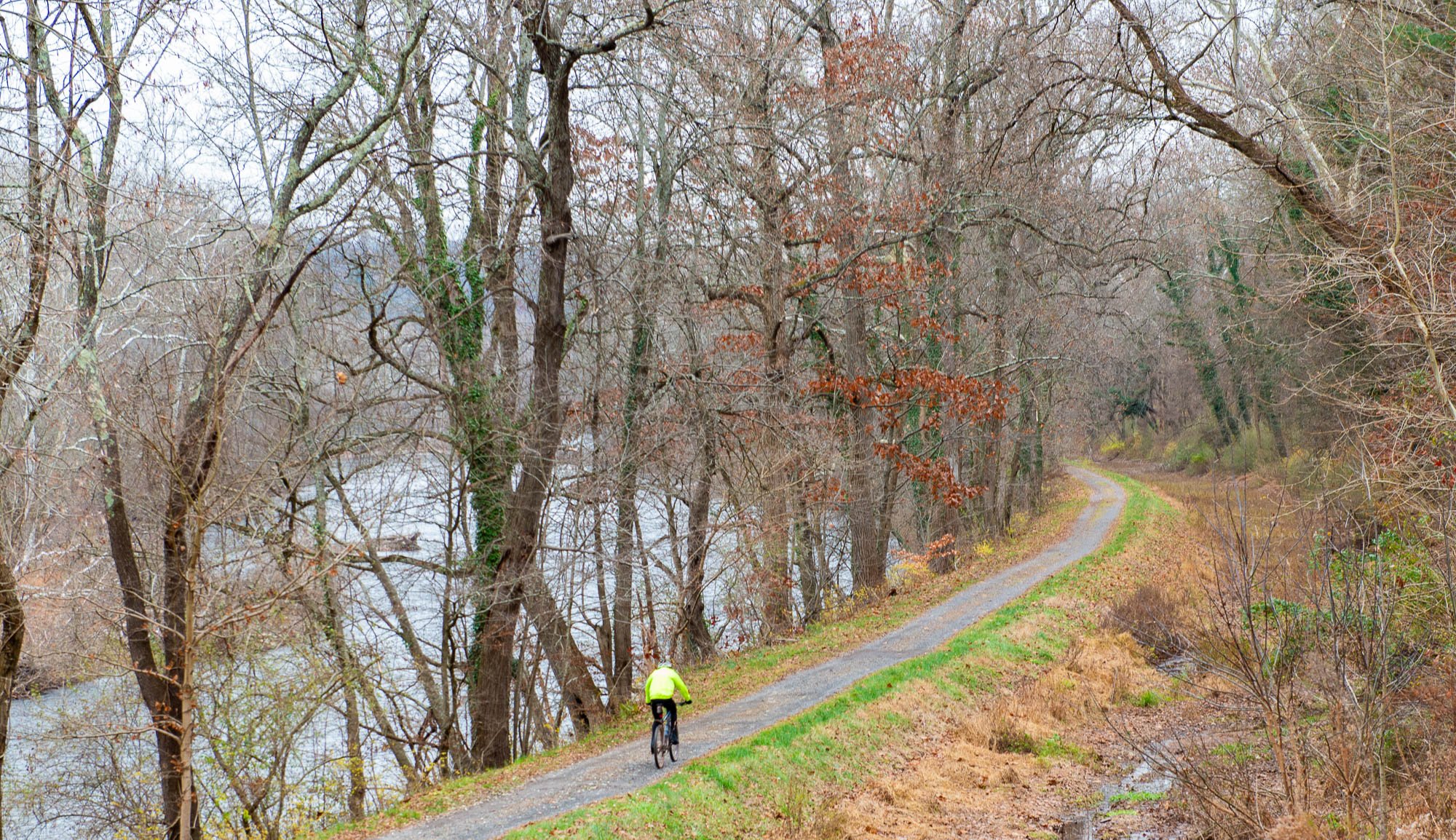
DELAWARE CANAL WATERWAY AUTHORITY FEASIBILITY STUDY
In late 2022, Delaware Canal 21 concluded its most critical project, which not only confirmed the feasibility of financially sustainable business model for the Delaware Canal, but also laid out a roadmap to achieve such a transformation.
In short, the project concluded that restoring the Delaware Canal to the fully watered condition would require $96M in construction costs, as well as $1M annually in ongoing maintenance beyond what the Pennsylvania State Park already spends.
While these figures seem large in the context of existing Pennsylvania Department of Conservation & Natural Resources (DCNR) resources, the project also found such funds attainable if we created a partner capable of bringing additional resources to bear – such as establishing a Delaware Canal Improvement District (at the county level) or a Delaware Canal Authority (at the state level).
“There is no way the state park’s budget will ever be enough to provide first class maintenance."
ALLEN BLACK | chairman EMERITUS of dc21

NEXT STEP: A Demonstration Project
Pennsylvania State Senator Steve Santarsiero is enthusiastic about the Authority Feasibility Study findings. With his support, Delaware Canal 21 was awarded a $75,000 grant via the Pennsylvania Department of Conservation & Natural Resources (DCNR) in 2023 to advance the agenda laid out in the study. With those funds in hand, Delaware Canal 21 has applied for three additional grants that will combine to fund a project to demonstrate how a new public/private partnership can significantly advance critical parts of the public consensus goal to re-establish a fully watered canal from Easton to Bristol.
With this project, we expect to achieve the following goals:
Demonstrate how the new entity recommended in the Authority Feasibility Study can partner with DCNR and attract both state and federal funds to Delaware Canal improvement projects.
Advance priority projects (from the Delaware Canal Workbook and Authority Feasibility Study) to the “shovel-ready” status to make them eligible for the funding made available by the Federal Infrastructure Investment and Jobs Act (a.k.a “Build Back Better”) before the program expires in 3 years.
Pursue a package of projects that address multiple hydraulic problems, enhancing the ability to sustain and regulate water flow in the entire 60 miles of the canal.
Effective canal water management involves coupling unobstructed flow with the ability to regulate the volume of water in each pool - both water augmentation (via pumps) and water drainage (via waste-gates).
With such water management goals in mind, Delaware Canal 21 expects to leverage the grant funding to produce final construction-ready engineering plans to address following three essential areas:
Hydraulically Comprehensive Solution:
Remove Obstructions
Rehabilitate Wastegates
Install Pumps

